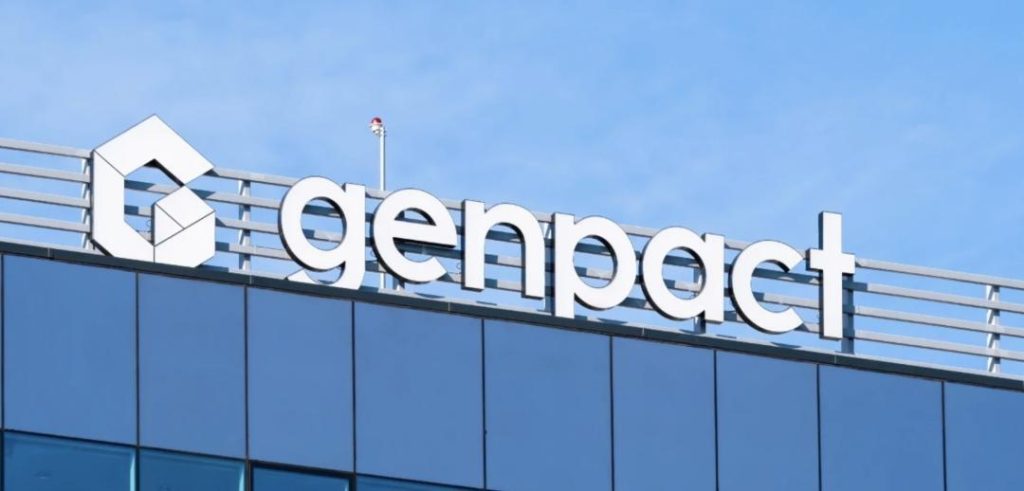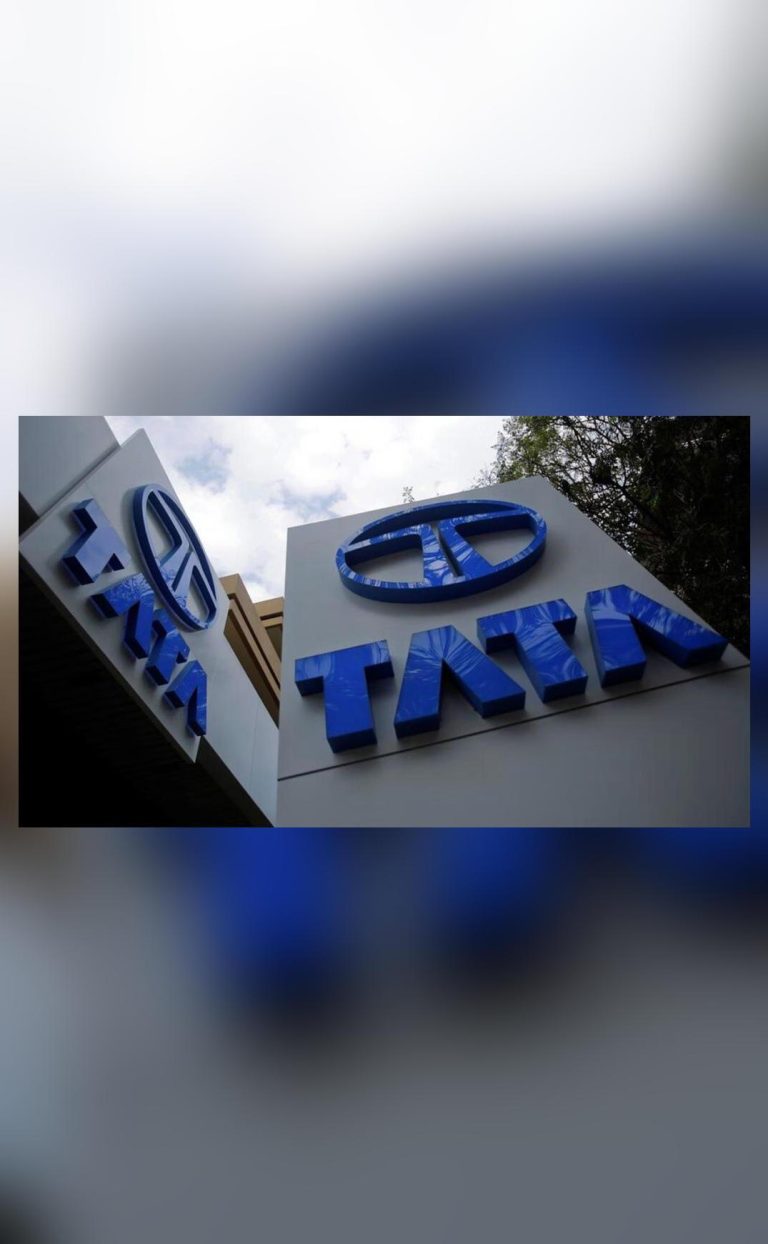
Title: Genpact Enforces Mandatory 10-Hour Workdays for Employees: A Recipe for Disaster?
In a shocking move that has sent shockwaves throughout the corporate world, Genpact, a leading global business process management and technology services company, has enforced a mandatory 10-hour daily work rule for employees at some of its Indian offices. This drastic change, tracked via an internal productivity dashboard, has sparked widespread outrage and concern among employees, who claim that the move undermines their wellbeing, offers poor compensation, and fuels a culture of fear.
As the news broke, employees took to social media to express their discontent, sharing stories of how this new policy has affected their personal and professional lives. While Genpact has yet to issue an official response, the backlash is growing, with concerns mounting over ageism, workplace morale, and long-term employee retention.
The 10-hour workday, a relic of a bygone era, is often associated with outdated work cultures and exploitative practices. In today’s modern workplace, where flexibility, work-life balance, and employee satisfaction are paramount, Genpact’s decision to enforce such a rigid schedule is nothing short of astonishing.
So, what’s behind this drastic change, and what does it mean for Genpact’s employees and the company as a whole? Let’s dive deeper into the issue and explore the implications of this policy.
Undermining Wellbeing and Fueling Fear
The most significant concern surrounding Genpact’s mandatory 10-hour workday is the impact it has on employees’ wellbeing. With no flexibility or autonomy, employees are forced to sacrifice their personal time and energy, leading to burnout, stress, and decreased job satisfaction. According to various studies, long working hours can lead to a host of physical and mental health problems, including cardiovascular disease, diabetes, and depression.
Moreover, the lack of flexibility and autonomy can create a culture of fear, where employees feel pressured to work excessive hours to meet unrealistic targets. This can lead to a toxic work environment, characterized by high levels of stress, anxiety, and depression.
Poor Compensation and Lack of Recognition
Another major issue with Genpact’s mandatory 10-hour workday is the lack of compensation and recognition for employees’ extended working hours. In today’s competitive job market, employees expect fair compensation and recognition for their hard work and dedication. By enforcing a 10-hour workday without providing adequate compensation or recognition, Genpact is sending a clear message that its employees are not valued or respected.
Ageism and Workplace Morale
The mandatory 10-hour workday also raises concerns about ageism and workplace morale. Older employees, who may have family commitments or health issues, may struggle to adapt to this new schedule, leading to feelings of isolation and disenfranchisement. Younger employees, on the other hand, may feel overwhelmed and undervalued, leading to decreased job satisfaction and increased turnover rates.
Furthermore, the lack of flexibility and autonomy can create a culture of resentment, where employees feel like they are being treated like machines rather than human beings. This can lead to decreased workplace morale, reduced productivity, and increased turnover rates.
Long-Term Employee Retention
Finally, Genpact’s mandatory 10-hour workday may have long-term consequences for the company’s employee retention rates. Employees who feel undervalued, overworked, and undercompensated are more likely to leave the company, leading to increased recruitment and training costs, as well as a loss of institutional knowledge and expertise.
In today’s competitive job market, employees have more choices than ever before. By enforcing a mandatory 10-hour workday, Genpact is sending a clear message that it is not committed to its employees’ wellbeing, satisfaction, or long-term retention.
Conclusion
Genpact’s decision to enforce a mandatory 10-hour workday for employees is a recipe for disaster. The move undermines wellbeing, offers poor compensation, and fuels a culture of fear. As the backlash grows, it is essential for Genpact to address these concerns and provide a more flexible, autonomous, and respectful work environment.
In today’s modern workplace, employees expect flexibility, autonomy, and recognition. By ignoring these expectations, Genpact is risking its reputation, employee satisfaction, and long-term success.
Source:
https://trak.in/stories/genpact-enforces-mandatory-10-hour-workdays-employees-arent-happy/






